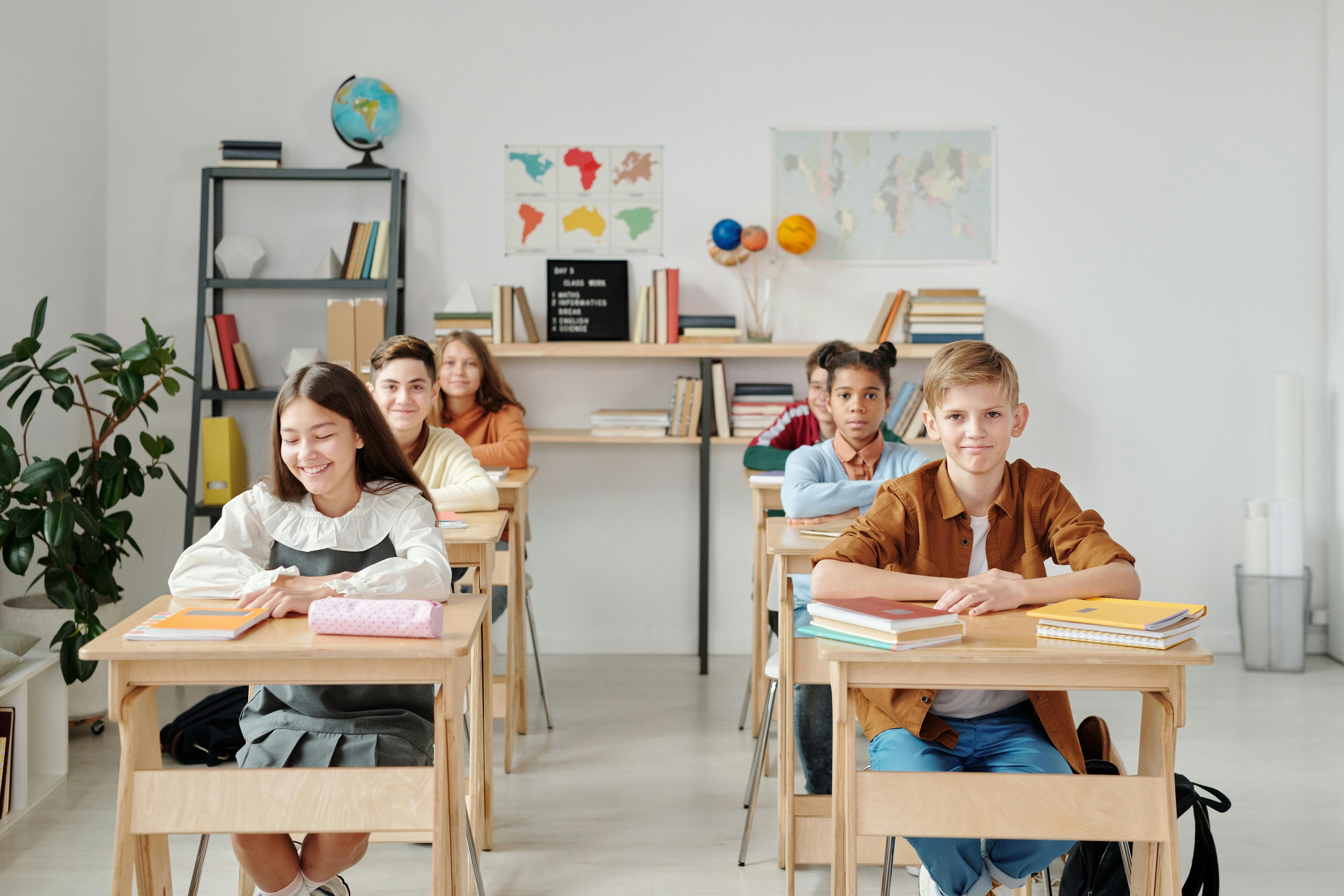
The German school sorting system
A research project by the Cluster of Excellence "The Politics of Inequality" at the University of Konstanz studies whether school students feel that (early) sorting into different types of schools is fair – this focus on the children's perspective is new.
When it is time for German fourth graders to get their school recommendations for secondary school, many families feel stress. Primary school students are already familiar with, and are afraid to get, the recommendation for the university-bound school type. But how do they actually feel about their own recommendation for the secondary school level? Do they think it is justified, or do they feel like they are treated unfairly? And what do their parents have to say about these school recommendations?
These questions and more are the focus of the project "Students' Perceptions of Inequality and Fairness (PerFair)" conducted by the Cluster of Excellence "The Politics of Inequality" at the University of Konstanz. To answer these questions, the research team surveyed about 3,000 seventh graders. Claudia Diehl, professor of microsociology, and Thomas Hinz, professor of empirical social research, share the initial results in the latest issue of the free In_equality magazine. Unlike often heated public debates might suggest, most school students think that, in general, it is fair to sort students into different types of schools. Their parents view the matter somewhat more critically, but, on the whole, they think that their own children's school recommendations were justified. In particular, children with a migration background are dissatisfied with their position in the German education system.
(In)equal opportunities
In multiple research projects, the Cluster of Excellence "The Politics of Inequality" studies educational inequality: How do people perceive the causes and extent of educational inequality? What consequences does this have for acceptance of the education system and willingness to make changes? What role does educational inequality play in determining political opinions participation? The sixth issue of the In_equality magazine "(In)equality of Opportunities" looks into different aspects of social inequality: social mobility, meritocracy, education and perspectives for advancement.
Other topics include:
- “The System Is Stupid.” Arthouse Cinema Meets Social Science. By Katja Pomianowicz, Annalena Kampermann: Interview with Tine Kugler.
- "Traversing the Data Collection Landscape. Anecdotes from Urban India. By Sunidhi Agarwal, Ramanujan Ankam and Niharika Bhagavatula.
- "What Covid Teaches Us about Digitalization in Schools. Results from a Cross-national Survey. By Marius R. Busemeyer.
- "Are You Better off than Your Parents?" Findings from the Inequality Barometer. By Nanna Lauritz Schönhage.
- "When Research Questions Emerge from Your Own Life. An Interview with Christina Felfe de Ormeño. Interview: Annalena Kampermann.
- Religious Practice, Identity and Learning Outcomes. How Fasting during Ramadan Affects Academic Performance. By Erik Hornung, Guido Schwerdt and Maurizio Strazzeri.
Key facts
- Original publication: (In)equality of Opportunities. In_equality magazine No. 6. The Cluster of Excellence "The Politics of Inequality", 2024.
- The In_equality magazine is published twice a year by the Cluster of Excellence. The texts can be reprinted after consulting with the magazine's editor.
- For the cluster's project PerFair (Students' Perceptions of Inequality and Fairness), researchers surveyed just under 3,000 seventh graders about their perceptions of inequality in school and society as well as their political opinions and participation.
- Claudia Diehl is a professor of microsociology and co-speaker of the Cluster of Excellence.
- Thomas Hinz is a professor of empirical social research and a principal investigator in the Cluster of Excellence.
- The Cluster of Excellence The Politics of Inequality at the University of Konstanz studies the political causes and effects of inequality from an interdisciplinary perspective. The research focuses on some of the most pressing issues of our time: access to and distribution of (economic) resources, the global rise of populists, climate change and unfairly distributed educational opportunities.
